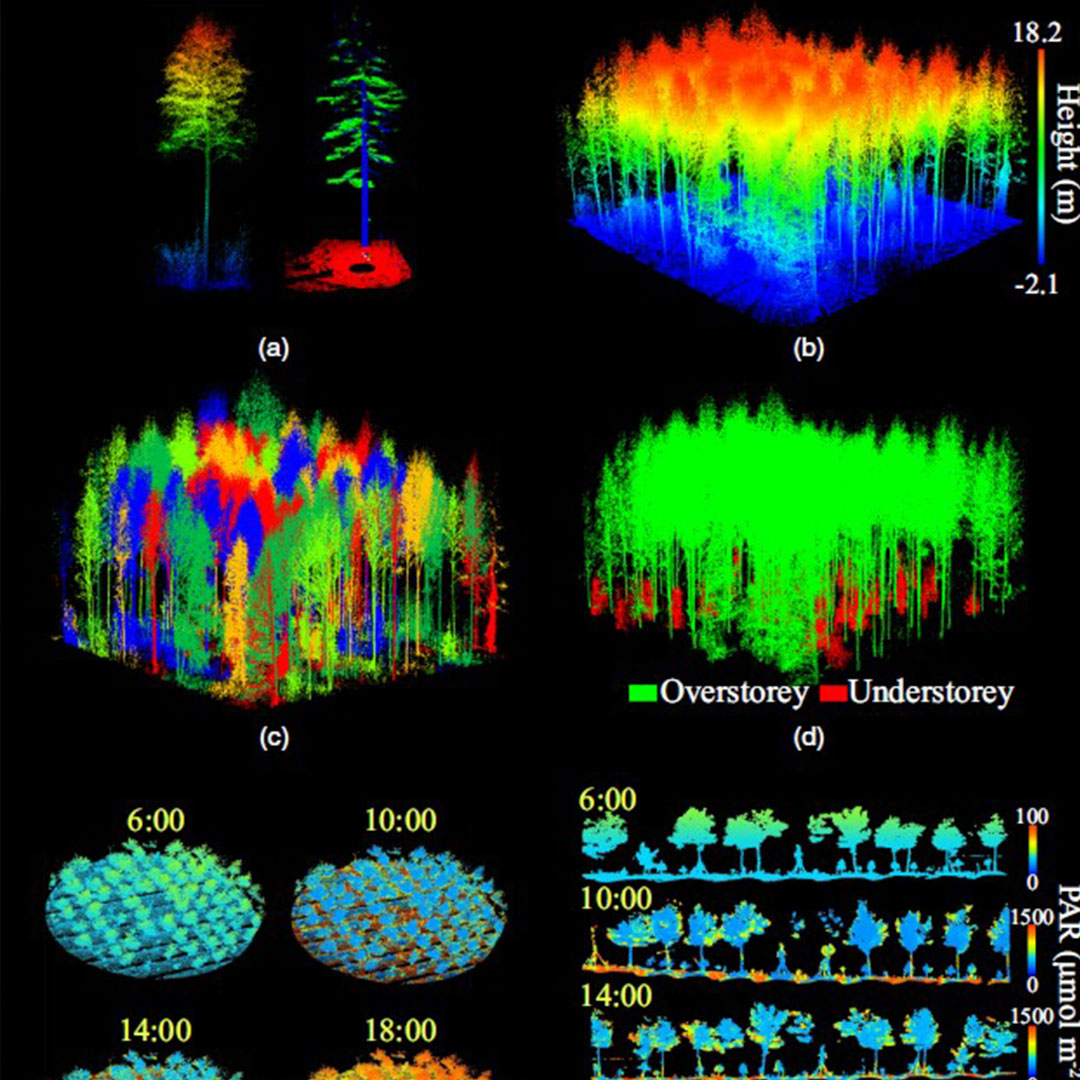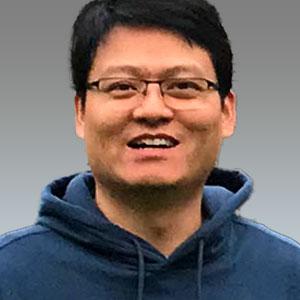Seeing Forests from Three-Dimensional (3-D) Perspective

WHEN
Thursday, January 26, 2023
4:30-5:30 p.m. PT
LOCATION
Online on Zoom
Or In-person at Western
Academic Instructional Center West,
Room 204
PRICE
Free
Check out this video to watch the Seeing Forests from Three-Dimensional (3-D) Perspective.
Opportunities and Challenges of Lidar Technology in Forest Ecology
Environmental Speaker Series
Brought to you by:
WWU College of the Environment
in partnership with the WWU Alumni Association
With the advent of lidar technology, we can now capture the three-dimensional (3-D) forest structure, which was previously impossible with traditional optical remotely sensed data. New insights into the interaction of forest structure, radiation regime, and physiological processes, the three cornerstones of forest ecological studies, are made possible by the 3-D structural information contained implicitly in forest lidar data.
In this presentation, Dr. Zheng will show how to use lidar data from many platforms to determine important biophysical characteristics of a forest, such as the percentage of woody components, leaf area index, and stratifying forest overstory and understory. Even more interesting is the resultant spatial and temporal distribution of radiation regime at the plot and landscape levels.

Dr. Guang Zheng
Speaker
Dr. Guang Zheng is a Professor of Remote Sensing at the International Institute for Earth System Science (ESSI) of Nanjing University (NJU), China. His research mainly focus on: (1) characterizing three-dimensional (3-D) forest canopy structure using the light detection and ranging (lidar) data generated from various platforms, including Space-bore lidar, Aerial Laser Scanning (ALS), Mobile Laser Scanning (MLS), Terrestrial Laser Scanning (TLS), and UAV-based laser scanning (ULS) data; and (2) investigating the interactions and relationships between forest canopy structure, radiation regime, and physiological processes. He got his PhD from the Remote Sensing and Geospatial Analysis Laboratory (RSGAL) at the University of Washington in 2011.
Questions, Accommodations, and Parking
Contact the WWU Alumni Association for this event. Feel free to call at (360) 650-3353 or email at alumni@wwu.edu if you have any questions or comments.
Advance notice for disability accommodations and special needs is greatly appreciated. Please indicate your special needs on the registration form.
There will be auto-captions available for the Zoom webinar.
Limited paid parking is available in the C lots at the south end of campus. WWU parking details—including lot locations, fees, and campus map—are available here.